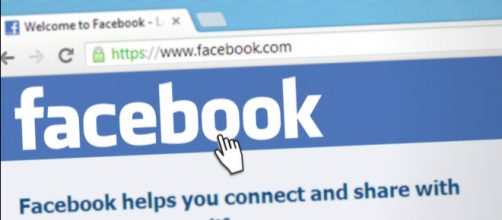Facebook has announced that the red dispute flag has been removed and replaced by an option to read 'Related Article's' instead.
Previously, users were given the chance to flag “fake news” that was trending on their news feeds by marking the posts as “false news story.” If the story was disputed many times, then it would be sent to the fact-checkers. When the fact-checkers would verify the news to be false, a warning label was attached to the original post, which caused Facebook’s algorithm to make the post more difficult to spread virally.
Facebook has concluded that the red flag was not preventing the Fake News from spreading, so their new approach is to allow users to read related articles instead.
According to WFSB, Facebook says Related Articles will give people more context about a story, including what information in the story is false. If someone tries to share a fake news story, they will get a popup notifying them of additional reporting from Fact Checkers. Those articles will also appear next to fake news before someone clicks on the link on Facebook.
Disappointment with fact-checking partnership
One of Facebook’s goals in 2016 was to stop “fake news” and come up with a fact-checking partnership to prevent spreading false information to its users. It’s been just a little over a year and news organizations say they’ve noticed progress compared to last year, but the progression is slow.
A few of the fact checkers include PolitiFact, Snopes, and Factcheck.org.
Overall, some of the organizations reported that fact-checking with Facebook was not as successful as how they thought it would be. “Facebook has repeatedly refused to release meaningful data on the success of the journalists’ debunking efforts and has insisted that it is a platform and not a media publisher or “arbiter of truth”.
So it's been difficult for fact-checkers to make a tremendous impact.
Earlier this month, The Guardian mentioned that The Weekly Standard, a conservative opinion magazine, is joining Facebook’s fact-checking team. They will be the first right-leaning news organization and explicitly partisan group to do fact-checks for Facebook.
However, some organizations disagreed with the news because the magazine has a history of publishing questionable content.
The Verge gives feedback
The Verge came up with a list of advantages and disadvantages from Facebook's process of tackling their fake news dilemma. They created a "2017 report card" on Facebook and specified what needed to be improved.
These included,
- "Unclear that efforts to halt spread of fake news are working
- Effort to eliminate bad actors on the platform keeps catching innocent bystanders
- Even Facebook acknowledges that using Facebook can make you sad"


